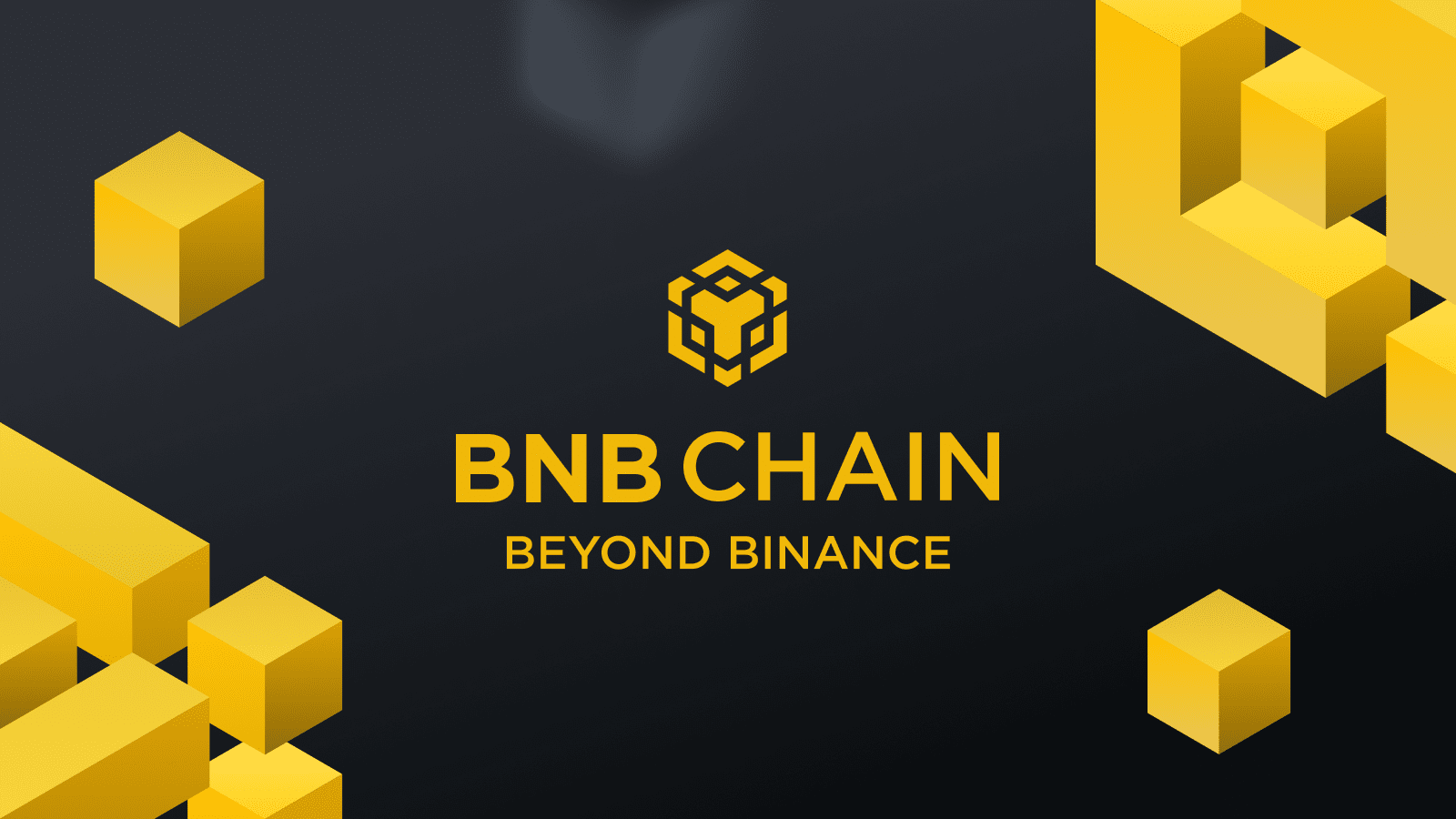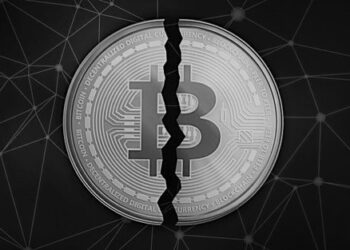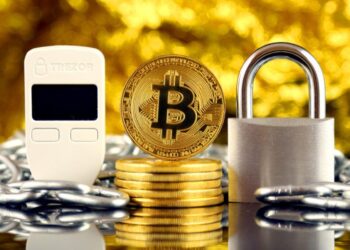Philippines SEC Issues Stern Warning to Binance Users
Philippines SEC Warns of Binance Operating Without License and Pursues Blocking Measures. The Philippines Securities and Exchange Commission (SEC) has issued a stern warning to users in the country, signaling the potential blocking of access to Binance.
The SEC asserts that Binance is currently operating without the required license in the Philippines, emphasizing that the exchange is not authorized to sell or offer securities to the public within the nation.
This move comes as part of the regulator’s efforts to enforce compliance with financial regulations and protect investors from potential risks associated with unlicensed cryptocurrency activities.
In a notice, the SEC pointed out that Binance is actively engaging in the promotion of cryptocurrency trading to Filipinos through social media channels.
Such promotional activities, according to the regulator, constitute an offense in the country and may carry criminal liability for those involved in promoting Binance.
The notice explicitly mentions that individuals acting as promoters, recruiters, influencers, or endorsers of Binance within the Philippines, even through online means, could face criminal charges under Section 28 of the Securities Regulation Code.
Penalties for such offenses may include fines of up to 5 million Philippine Pesos ($90,000) or a maximum of 21 years in jail.
Taking a comprehensive approach, the SEC is actively seeking the collaboration of the National Telecommunications Commission to block Binance’s operations in the country.
Additionally, the regulator has issued directives to tech giants Google and Meta, instructing them to block local advertisements related to Binance.
If approved, this blockade is slated to occur over a three-month period, allowing local users time to liquidate and withdraw their positions on the platform.
In response to the SEC’s actions, Binance issued a statement published by local media outlets in the Philippines.
The exchange affirmed its commitment to aligning with applicable local regulations, citing proactive measures taken under new leadership to address the SEC’s concerns.
This response underscores the ongoing challenges faced by cryptocurrency exchanges in navigating regulatory landscapes across different jurisdictions.
Notably, this development follows closely on the heels of Binance’s recent settlement with U.S. authorities. The exchange agreed to pay $4.3 billion in fines, resolving charges related to its failure to maintain a proper anti-money laundering program, operation of an unlicensed money-transmitting business, and violation of sanctions laws.
The timing of the Philippines SEC’s actions raises questions about the broader global regulatory scrutiny on Binance and whether other governments may follow suit in the wake of the recent U.S. sanctions.
The Philippines SEC’s proactive stance against Binance reflects a broader trend of global regulators increasingly scrutinizing cryptocurrency exchanges to ensure compliance with existing financial regulations.
The regulator’s emphasis on criminal liability for those promoting Binance within the country underscores the seriousness with which authorities are approaching potential violations.
This move aligns with the ongoing efforts by regulatory bodies to protect investors and maintain the integrity of financial markets amid the rapid growth of the cryptocurrency industry.
The SEC’s collaboration with the National Telecommunications Commission and directives to major tech platforms like Google and Meta illustrate a multi-faceted approach to restricting Binance’s operations within the Philippines.
This coordinated effort signifies a determination to curb the influence of unlicensed cryptocurrency platforms and reinforces the role of technology and communication authorities in maintaining regulatory oversight.
Binance’s response, expressing commitment to adhering to local regulations, highlights the evolving nature of the cryptocurrency landscape.
The acknowledgment of proactive measures under new leadership suggests a recognition within the exchange of the necessity to navigate a complex regulatory environment.
This response echoes the broader industry sentiment, as cryptocurrency exchanges grapple with increasing regulatory scrutiny globally.
The juxtaposition of the Philippines SEC’s actions with Binance’s recent settlement with U.S. authorities raises intriguing questions about the potential global ripple effects. Will other governments follow the U.S. example and pursue legal claims against Binance?
The timing of the Philippines’ regulatory measures prompts speculation about whether the recent U.S. sanctions influenced the decision, signaling a potential domino effect of regulatory challenges for the exchange.
The unfolding developments between Binance and the Philippines SEC underscore the intricate dance between cryptocurrency platforms and regulatory bodies on the world stage.
As the crypto industry continues to mature, the need for a harmonized and clear regulatory framework becomes increasingly evident.
The international community will be closely watching the outcomes of these regulatory actions, assessing their impact on the broader cryptocurrency ecosystem and the future trajectory of regulatory approaches toward major players in the industry.









